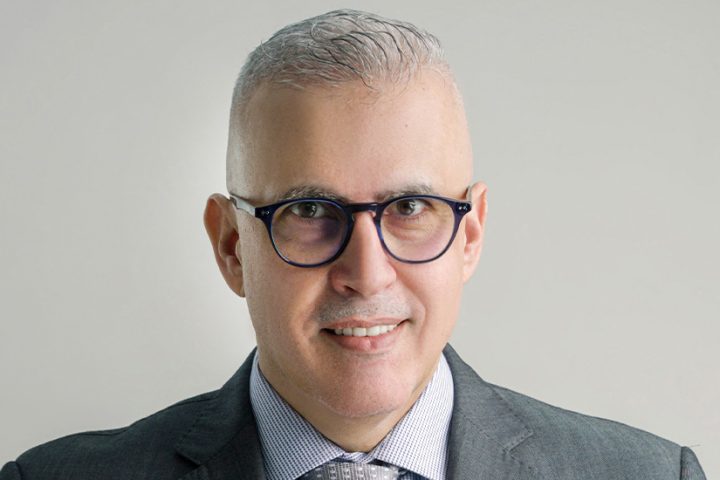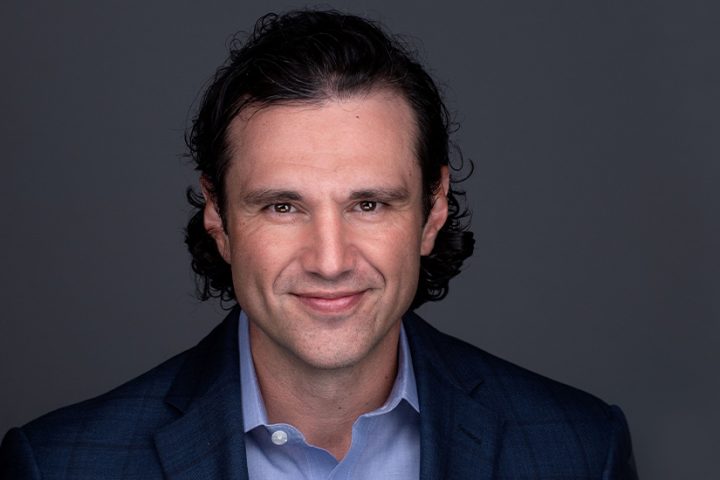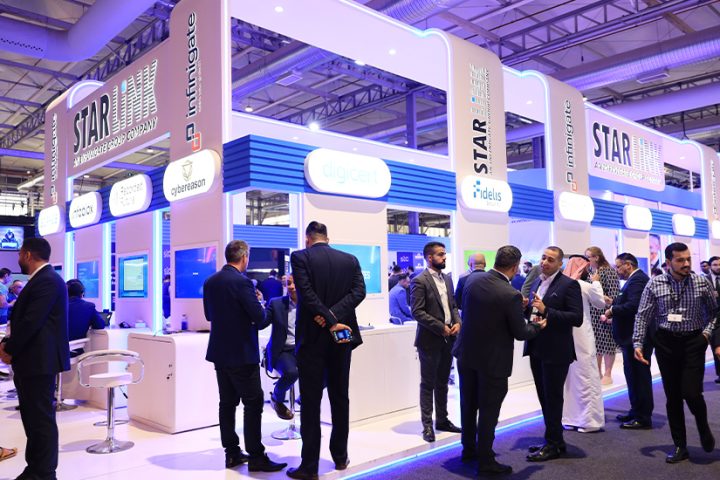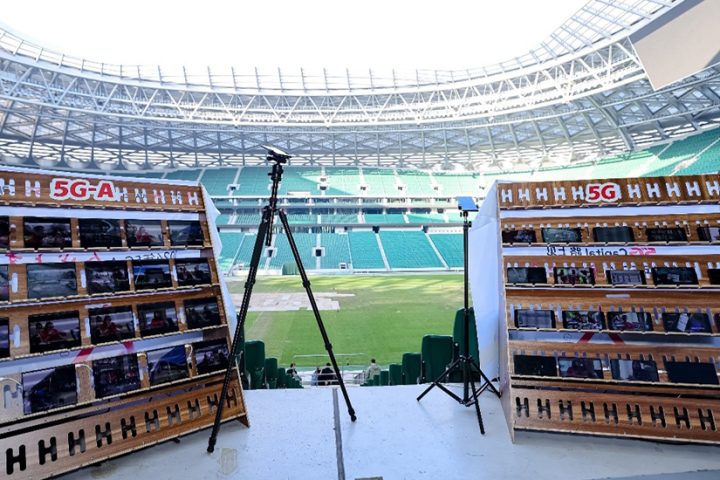Lease agreement signed during the World Future Energy Summit
Schneider Electric has signed a lease agreement to locate offices at Masdar City – Abu Dhabi’s low-carbon, sustainable city. In addition, a Memorandum of Understanding (MoU) was also signed to explore areas of collaboration, including the deployment of Schneider’s energy management, performance and efficiency solutions in the Masdar Institute of Science and Technology’s phase 1a buildings. The lease agreement and MoU were signed during the World Future Energy Summit, as part of Abu Dhabi Sustainability Week 2014 – the Middle East’s largest gathering focused on sustainability attracting more than 30,000 people.
“Moving into Masdar City further strengthens the working relationship between the two companies,” said Michel Crochon, executive vice-president strategy & technology for Schneider Electric. “Schneider Electric is in the business of energy management and innovating smart solutions that enable societies and cities to consume less energy. By moving into Masdar City, we are able to integrate our expertise and solutions into one of the most technologically advanced cities – opening the door for future possibilities.”
“The recent growth of Masdar City has been tremendous” said Mohammed Al Ramahi, chief operating officer of Masdar, “and with the addition of Schneider Electric, we continue to build momentum into the coming year. This announcement brings one of the world’s leading energy management companies to a sustainable city that is pushing the boundaries of smart design and technology. Having Schneider Electric at Masdar City is another step in building a technology cluster where economic opportunities are discovered and clean technologies are accelerated.”
Schneider Electric will work closely with Masdar and explore ways to upgrade its technology into Masdar City’s existing infrastructure. Specifically, Schneider Electric’s centralized Energy Management Information Solutions (EMIS) may be deployed into buildings of the Masdar Institute campus. The EMIS technology promotes behaviour change, creates accountability and identifies energy savings opportunities. The system also facilitates operation and maintenance programme support. Once upgraded, EMIS will also help audit energy savings to ensure long-term efficiency.














